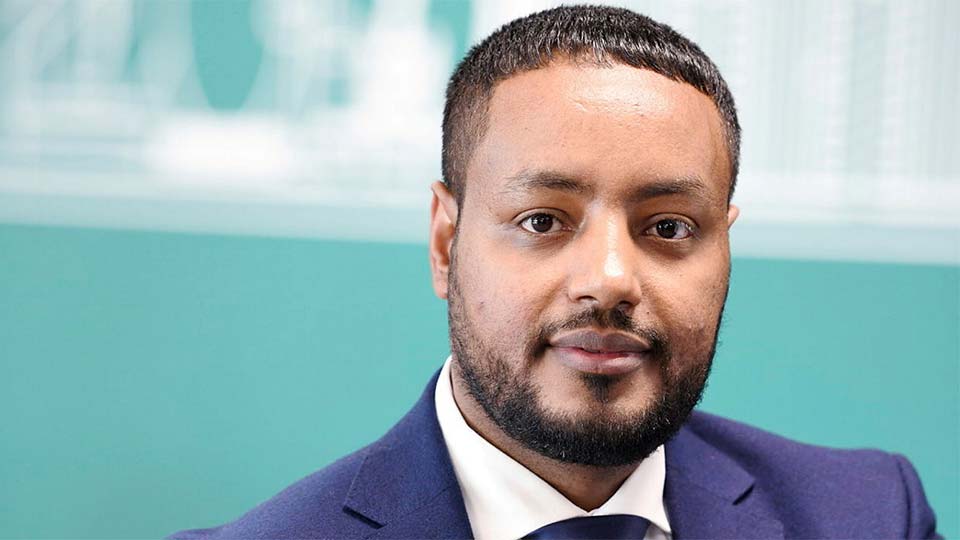Bisrat Wolde Profile
Staff profile
I teach computer science. I hold a PhD in chemical and process (nuclear) engineering from the University of Leeds. I focused my work on fluid dynamics, multiphase simulation of complicated particle fluxes and large data processing.
- Tutor in Computing

I also have an MSc in web science and Big Data analytics from the University College of London, and a first-class undergraduate degree in mathematics and statistics from Kingston University in London. I enjoy working efficiently in a variety of settings, and I excel at quickly learning new systems and procedures.
My expertise includes SQL, Python, Machine Learning, Scikit-Learn, Natural Language Processing, Anaconda, Pandas, Jupyter Notebook and Core Java.
What do you most enjoy about teaching?
I enjoy teaching at Teesside University London because of the unique, focused approach to learning, in which students work on one subject at a time. This allows students to thoroughly immerse themselves in the topic without the distraction of juggling different modules. It helps students achieve better learning outcomes and a deeper comprehension of the subject. Another aspect I enjoy is the opportunity for students to solve real-world problems. Working on projects that reflect industry difficulties provides students with significant experience and insight into what it's like to work in the sector, as well as an emphasis on hands-on coding.
How do students benefit from your experience?
With over four years of industry experience and four years in academia, I bring a distinct combination of practical and theoretical knowledge. My background in software engineering and data science enables me to give students real-world insights and cutting-edge industry techniques, bridging the gap between academic topics and their implementation in the workplace. This better prepares students for the obstacles they may face in their careers.
Tell us about your career to date
I was an IT Consultant with FDM Group, where I worked with high-profile clients including Barclays, Sky, and MakePositive. I led numerous Java and data analytics projects overseeing all technical aspects, from gathering business requirements and planning, to designing, creating, testing and implementing. I also oversaw the integration of third-party applications and assured effective project delivery through live demonstrations. This extensive experience has given me a solid understanding of both the technical and business aspects of software development.
How has your industry experience enhanced your teaching?
Working with firms such as Barclays and Sky has allowed me to offer pupils real-world instances of challenges I have encountered and how to handle them, greatly improving my teaching. I can provide insight into what to expect in real-world projects, from managing client needs to dealing with technological issues and third-party integrations. Students are better prepared to fulfil the demands of their future jobs by connecting theoretical concepts to industry realities.
What has been the highlight of your career so far?
Incorporating real-world events into these seminars has been very satisfying as it allows me to illustrate my approach to complex challenges. Seeing students understand these principles and use them in real-world circumstances has been a rewarding experience that highlights the value of mixing industrial expertise with academic education.
Why should students consider studying this course?
Machine learning and big data have become crucial abilities in today's work economy. These technologies are in high demand in various industries, including banking, healthcare, technology and retail. By mastering these areas, students can put themselves at the forefront of innovation, offering up a surplus of job prospects in domains that are shaping the future of business and technology.
What is the best piece of advice you have for your students?
Don't be afraid to ask, even if you believe the issue is insignificant. Understanding the fundamentals is critical to establishing a solid foundation in these difficult subjects. Remember that every master started out as a beginner, and curiosity is your most powerful learning tool.
